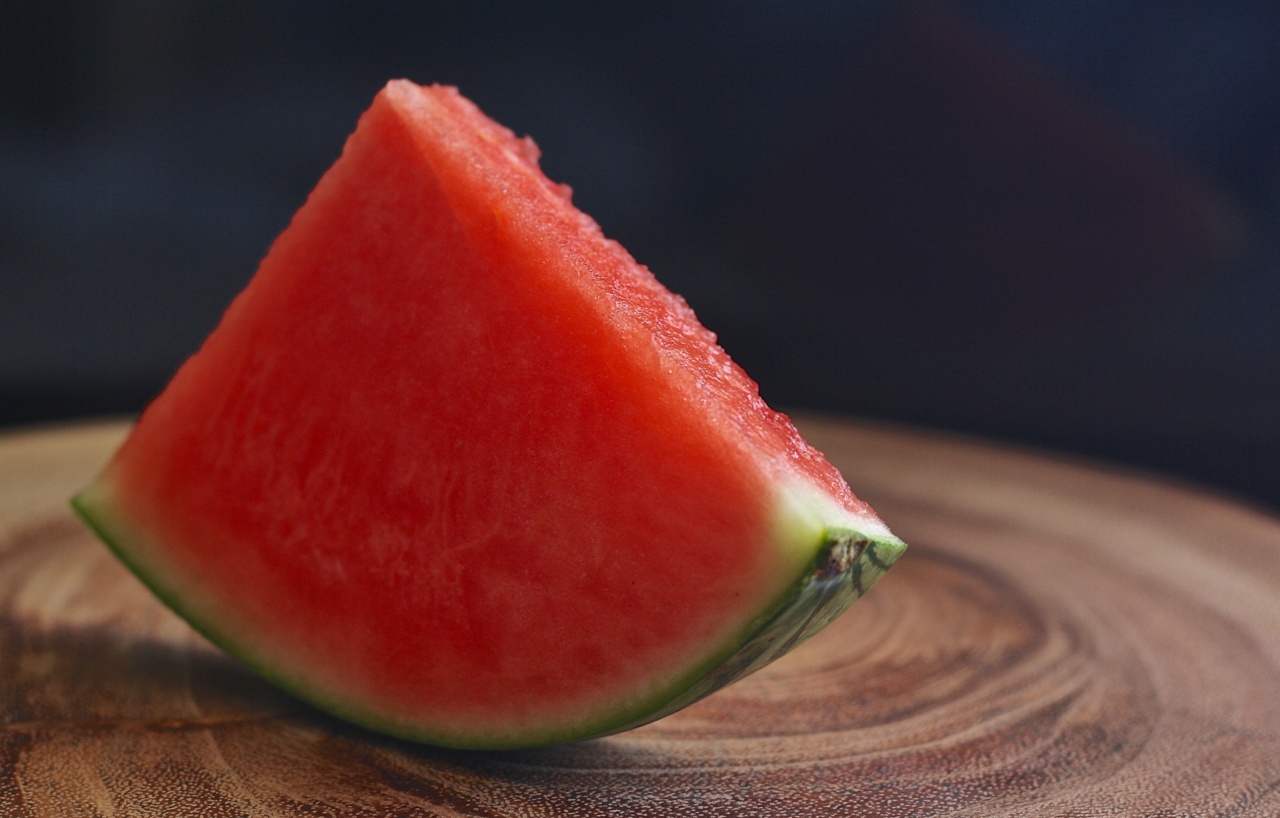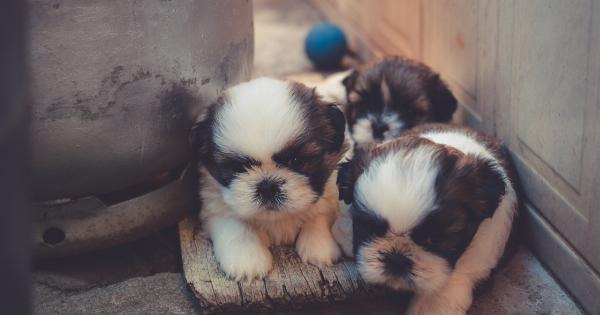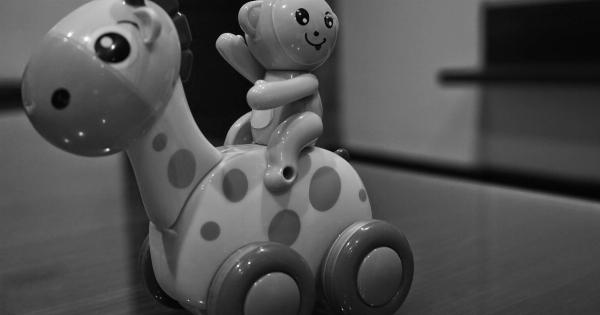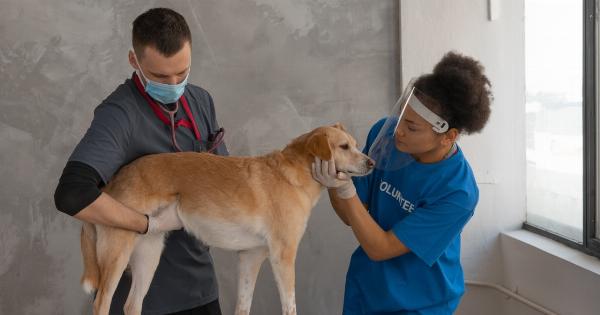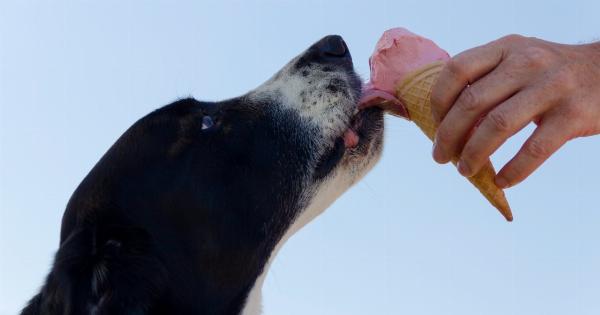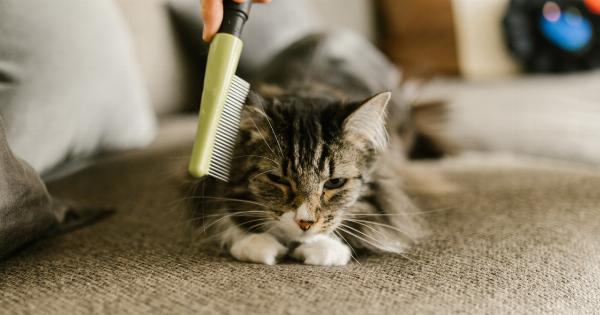Have you ever heard of mutant foods? They are foods that have been genetically modified in labs to produce a “better” version of the original food.
Mutant foods are a huge part of our modern diet and they are even becoming a staple in our pet’s diet. But how do these mutant foods impact our pet’s health? Let’s take a closer look.
What are Mutant Foods?
Mutant foods are organisms, such as plants and animals, that have been genetically altered in a laboratory to produce certain desired traits. These traits could include resistance to disease, insect resistance, increased yield, or improved taste.
Most of these genetic modifications involve the transfer of genes from one species to another, which creates an organism that does not exist in nature.
For example, scientists could take a gene from a bacteria that produces a toxin that kills insects and insert it into a corn plant so that the corn plant can produce its own insecticide.
While the concept of natural selection has been around for centuries, mutation breeding began in the 1920s and 1930s. During this time, scientists exposed plants to large amounts of radiation and chemicals to create mutations that could be beneficial.
By 1950, mutation breeding had become a mainstream practice in the agricultural industry.
Mutant Foods in Pet Food
Just like in human food, mutant foods have become a primary ingredient in many pet foods. The pet food industry has embraced the use of mutant foods in order to create more nutritious, affordable, and appealing pet food products.
They also use mutant foods to keep up with the growing demand for pet food in an increasingly pet-centric world.
Common mutant foods used in pet food include genetically modified soybeans, corn, and wheat. These foods are often used as a source of protein and carbohydrates in pet foods.
Some pet food companies also use genetically modified potatoes and sweet potatoes in their products.
Impact of Mutant Foods on Pet Health
The long-term effects of consuming mutant foods are still unknown, but studies have shown that they can have negative impacts on your pet’s health.
One of the primary concerns with mutant foods is that they have not been around for very long, so there is no way to know how they will affect your pet over time.
Another concern with mutant foods is that they often contain high levels of pesticides and herbicides.
This is because many mutant foods are engineered to be resistant to these chemicals, which allows farmers to spray their fields with large amounts of these chemicals without affecting the crop. These chemicals can be harmful to your pet’s health, as they have been linked to cancer, reproductive issues, and other health problems.
In addition, many mutant foods are highly processed in order to make them more appealing to pets. This can lead to a number of health problems, including obesity, diabetes, allergies, and digestive issues.
Highly processed mutant foods often contain added salt, sugar, and fat, which can be harmful to your pet’s health over time.
Alternatives to Mutant Foods
If you are concerned about the long-term effects of consuming mutant foods, there are alternatives available for your pet.
One option is to look for pet food products that are labeled as organic, as these products are not allowed to contain mutant foods.
You can also make your own pet food at home using fresh, natural ingredients. This allows you to control exactly what your pet is eating and ensures that they are getting the nutrients they need.
If you are interested in making your own pet food at home, be sure to research the best ingredients for your pet’s specific needs and consult with your veterinarian.
Conclusion
Mutant foods have become a primary ingredient in many pet foods, but they can have negative impacts on your pet’s health. If you are concerned about the long-term effects of consuming mutant foods, there are alternatives available for your pet.
By choosing organic pet food or making your own pet food at home, you can ensure that your pet is getting the nutrients they need without the risks associated with mutant foods.
